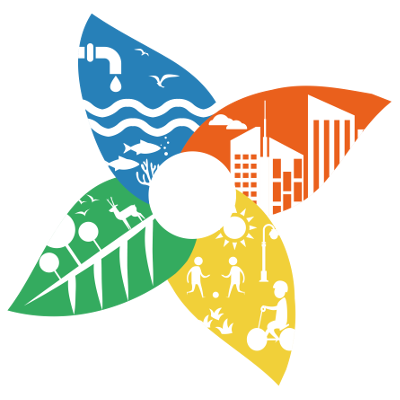City-to-City learning
Naturvation's transdisciplinary work encourages learning between governmental organisations, academia and other stakeholders. In this context, on 31 August 2018, Philipp Königer (Munich, Germany) visited Malmö (Sweden) to discuss how ecological compensation can be used to support nature-based solutions. While ecological compensation is part of the German legal planning system, Swedish cities are currently developing their own tools.
Naturvation is built on a collaboration with Urban-Regional Innovation Partnerships (URIPs) in Barcelona (Spain), Győr (Hungary), Leipzig (Germany), Malmö (Sweden), Newcastle (United Kingdom), and Utrecht (The Netherlands). Each is convened by a municipal representative and includes stakeholders from a range of organisations that work alongside the project’s research team.
The URIPs are supported by ICLEI, a direct contact point between the URIPs and the work programmes, and three knowledge brokers. A knowledge broker is an intermediary who supports relationships with, among, and between producers and users of knowledge. They provide linkages, knowledge sources or knowledge itself. Knowledge brokerage has emerged only recently in applied research. Naturvation sees this as an opportunity to create new ways to work, fostering openness and flexibility that supports nature-based solutions. Philipp Königer’s visit to Malmö is one of the outcomes of these efforts, and we look forward to more to come.
